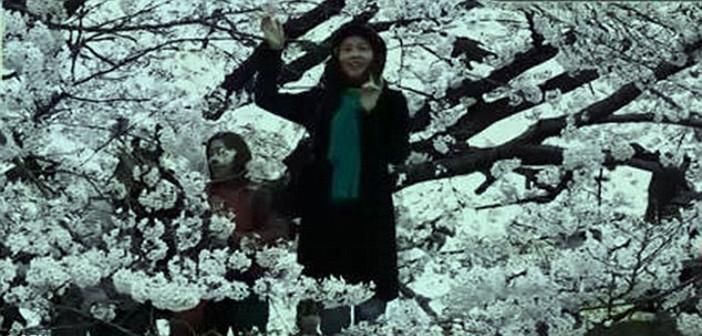Beijing authorities are considering the use of facial recognition technology to enforce bans on entering the city’s parks for those found guilty of antisocial behavior.
The move comes in the wake of Qingming (Tomb-Sweeping Festival), when hundreds of thousands took advantage of the three-day holiday to explore the capital. Most of the problems involved tourists climbing trees and damaging plants. However, it’s more likely to be locals who were selling without licenses and fishing in the ponds.
Facial scanners have already been installed in the toilets at the Temple of Heaven, to prevent local residents from stealing toilet paper. However this new proposal is likely to prompt renewed concerns about the extent of surveillance in Chinese society.
It is only the latest in a long line of initiatives aimed at curbing poor behavior in the city, from locals and visitors alike. Fines for antisocial behavior in the city’s parks were introduced in 2013, and in 2014 a civil servant named Wang Tao gained international headlines for his volunteer group “Green Woodpecker”, who aimed to shame Beijingers into giving up spitting and jaywalking. The group had already spent seven years on their mission, having been formed in the run up to the 2008 Olympics. However we were unable to find any evidence that they are still at work on the streets today.
A blacklist is also in place for Chinese tourists guilty of embarrassing conduct abroad, brought in partly in response to the 15-year-old boy who carved “Ding Jinhao was here” into the ancient temple wall at Luxor, Egypt. Often though the complaints about Chinese tourists are about behavior which would be considered unexceptional in Beijing, such as allowing your small child to use the street as a toilet.
And there are signs that the increasing economic importance of China means that tourist attractions are making efforts to adapt themselves to Chinese culture. An article in yesterday’s Irish Times describes a workshop run by the Irish tourist board, called “China Ready”. Hoteliers and guides are taught not to give Chinese tourists a fourth-floor room, to handle documents with two hands, and only to deal with the group’s leader or senior person.
Photo: brandinginasia.com




